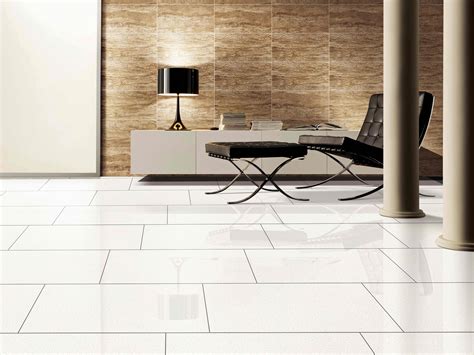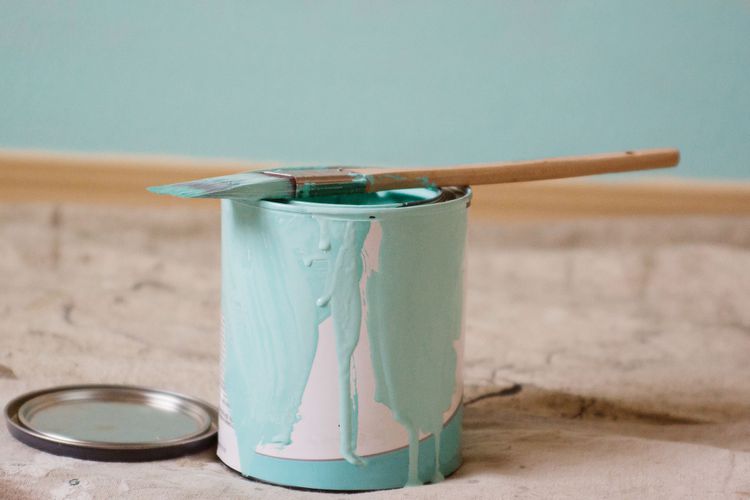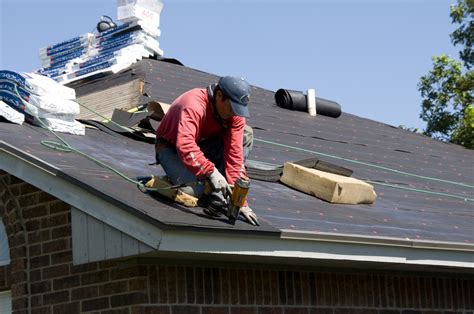
Porcelain vs. Ceramic Tile: Major Differences
When it comes to selecting the perfect tile for your home or project, understanding the differences between porcelain and ceramic tile is essential. Both options have their advantages and considerations, and this comparison guide will help you make an informed decision.
Porcelain Tile
Porcelain tile is made from dense clay fired at high temperatures, resulting in a durable and water-resistant material. It is known for its strength and durability, making it an excellent choice for high-traffic areas and spaces exposed to moisture.
Ceramic Tile
Ceramic tile is also made from clay but fired at lower temperatures. It is less dense than porcelain, making it slightly less durable and more porous. However, ceramic tile comes in a wide variety of styles, colors, and patterns, offering endless design possibilities.
Appearance
Porcelain Tile
Porcelain tile often mimics natural stone, such as marble or granite, with a realistic appearance. It can also replicate the look of wood or other materials, providing versatility in design. The surface of porcelain tile is typically smooth and polished.
Ceramic Tile
Ceramic tile offers an array of design options, including various colors, patterns, and textures. It is available in both glazed and unglazed forms, providing different finishes and looks. Ceramic tile can be glossy, matte, or textured, depending on your preference.
Best for Appearance: Porcelain Tile
With its ability to replicate the look of natural stone and other materials, porcelain tile takes the lead in terms of appearance.
Water and Heat Resistance
Porcelain Tile
Porcelain tile is highly resistant to water and moisture. Its low water absorption rate makes it an excellent choice for areas prone to spills or high humidity, such as bathrooms, kitchens, and even outdoor spaces. Additionally, porcelain tile has exceptional heat resistance, making it suitable for radiant heating systems.
Ceramic Tile
While ceramic tile is also water-resistant, it is not as impervious to water as porcelain. It is more suitable for areas with moderate moisture exposure, such as kitchens and bathrooms. However, it may not be the best choice for outdoor or extremely wet environments.
Best for Water and Heat Resistance: Porcelain Tile
Porcelain tile’s superior water and heat resistance capabilities make it the winner in this category.
Care and Cleaning
Porcelain Tile
Porcelain tile is relatively easy to clean and maintain. It requires regular sweeping or vacuuming to remove dirt and debris, and occasional mopping with a mild detergent or porcelain-specific cleaner. Stains are less likely to penetrate the dense surface of porcelain tile.
Ceramic Tile
Ceramic tile also requires regular cleaning, but it may be more prone to staining due to its porous nature. Proper sealing of ceramic tile can help prevent stains and make cleaning easier.
Best for Care and Cleaning: Tied
Both porcelain and ceramic tile require regular cleaning, but porcelain may have a slight advantage due to its lower susceptibility to stains.
Durability and Maintenance
Porcelain Tile
Porcelain tile is highly durable and resistant to scratches, chips, and wear. It can withstand heavy foot traffic and is less likely to crack or break under normal conditions. With proper installation and maintenance
, porcelain tile can last for many years.
Ceramic Tile
Ceramic tile is also durable but may be slightly more prone to chipping and cracking compared to porcelain. However, with proper care and maintenance, ceramic tile can still provide long-lasting beauty.
Best for Durability and Maintenance: Porcelain Tile
Porcelain tile’s exceptional durability and resistance to wear and tear give it the edge in this category.
Installation
Porcelain Tile
Porcelain tile installation requires more precision and expertise due to its density and hardness. It may require specialized tools and techniques. Hiring a professional installer is recommended for a successful porcelain tile installation.
Ceramic Tile
Ceramic tile installation is relatively easier compared to porcelain. It can be installed by experienced DIYers or professional installers using standard tile installation techniques.
Best for Installation: Ceramic Tile
Ceramic tile takes the lead in terms of installation simplicity and accessibility for DIY projects.
Cost
Porcelain Tile
Porcelain tile is generally more expensive than ceramic tile. The higher cost reflects its superior durability, water resistance, and overall quality. However, the price can vary depending on the brand, style, and size of the tiles.
Ceramic Tile
Ceramic tile is typically more budget-friendly than porcelain. It offers a wide range of options at various price points, making it a popular choice for cost-conscious consumers.
Best for Cost: Ceramic Tile
If budget is a significant consideration, ceramic tile offers a more affordable option without compromising style and versatility.
Lifespan
Porcelain Tile
With its exceptional durability, porcelain tile has a long lifespan when properly installed and maintained. It can withstand heavy use and retain its beauty for many years.
Ceramic Tile
Ceramic tile also has a good lifespan with proper care, but it may be slightly less durable than porcelain. Regular maintenance and timely repairs can help extend its lifespan.
Best for Lifespan: Tied
Both porcelain and ceramic tile can have a long lifespan when properly cared for and maintained.
The Verdict
In summary, porcelain tile is the superior choice for areas that require high water resistance, durability, and a polished appearance. It excels in spaces with heavy foot traffic or exposure to moisture, such as bathrooms and kitchens. On the other hand, ceramic tile offers a wider variety of design options and is more budget-friendly. It is an excellent choice for areas with moderate foot traffic and lower moisture levels.
Top Ceramic and Porcelain Tile Brands
When considering ceramic and porcelain tile options, some of the top brands to explore include Daltile, Mohawk, Emser Tile, Crossville, and Marazzi. These brands offer a wide range of styles, colors, and sizes to suit any design preference.
How Porcelain Is Certified
Porcelain tile is certified based on its water absorption rate, determined through industry standards. The Porcelain Enamel Institute (PEI) rating system categorizes tiles based on their suitability for various applications and foot traffic levels. Look for certified porcelain tiles to ensure their quality and performance.
Frequently Asked Questions (FAQ)
1. Can I use porcelain tile outdoors?
Yes, porcelain tile is an excellent choice for outdoor applications due to its high durability, resistance to water, and ability to withstand temperature changes. It is commonly
used for patios, pool surrounds, and outdoor walkways.
2. Can I install ceramic tile in a shower?
Yes, ceramic tile can be used in shower areas. However, it’s important to ensure that the ceramic tile is properly sealed to prevent water absorption and potential damage. It’s recommended to consult with a professional to ensure proper installation.
3. Can I install porcelain or ceramic tile over existing flooring?
In many cases, porcelain or ceramic tile can be installed over existing flooring. However, it’s crucial to assess the condition and stability of the existing floor and ensure it is suitable for tile installation. It’s advisable to consult with a professional installer for guidance.
Conclusion
When deciding between porcelain and ceramic tile, consider the specific needs of your space, your budget, and your design preferences. Porcelain tile offers exceptional water resistance, durability, and a polished appearance, making it ideal for high-traffic areas and moisture-prone spaces. Ceramic tile provides a wide range of design options at a more affordable price point, suitable for areas with moderate foot traffic. Whichever option you choose, both porcelain and ceramic tile can enhance the beauty and functionality of your space for years to come.
Remember to explore reputable brands and seek professional guidance for installation to ensure a successful and long-lasting tile project.






